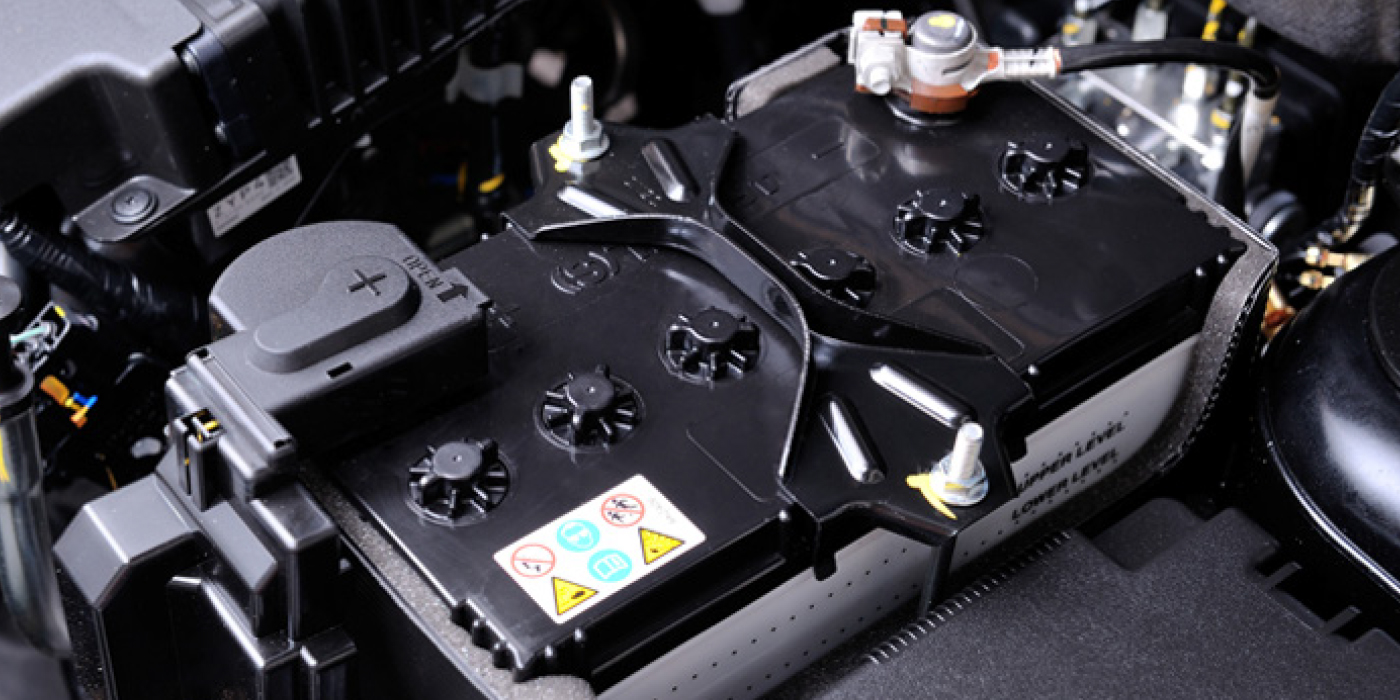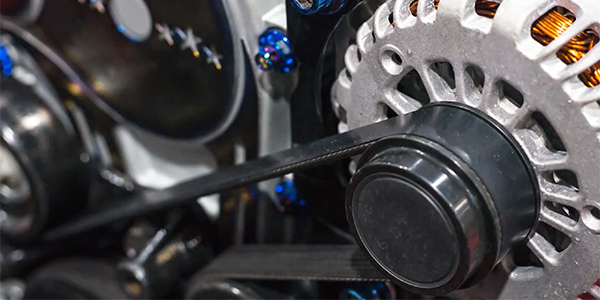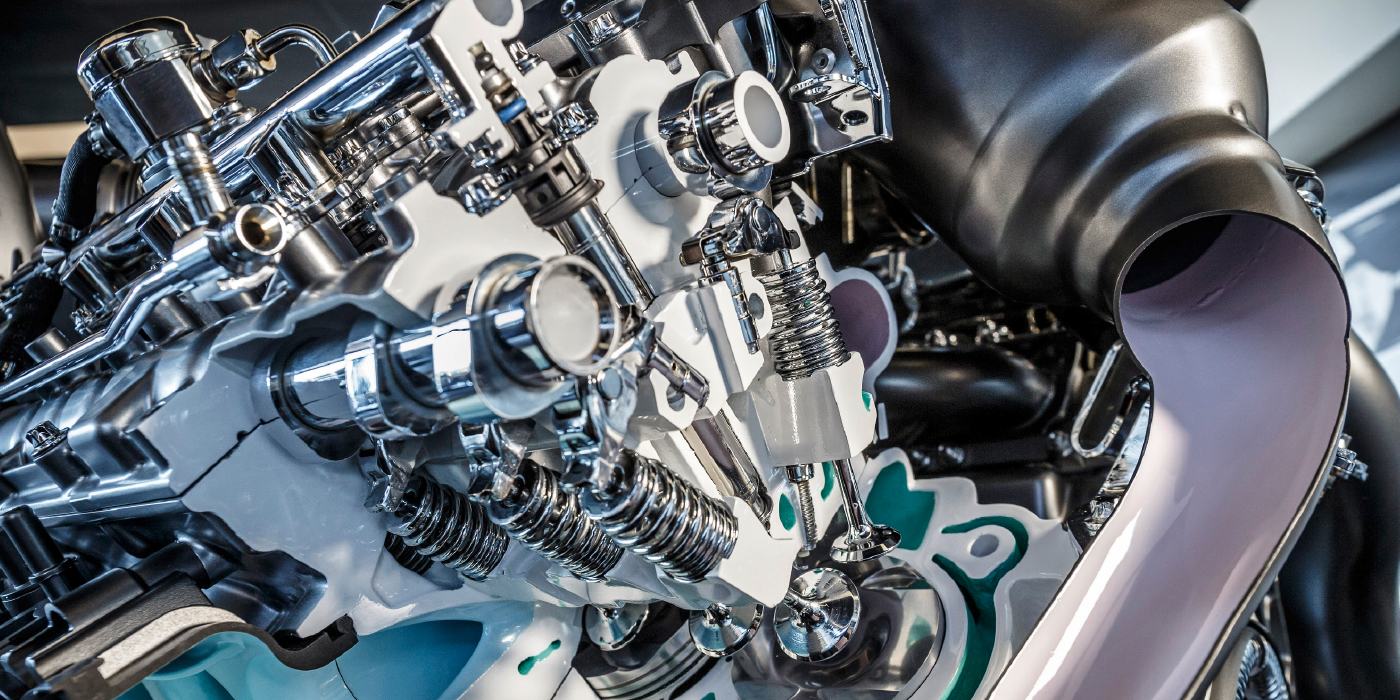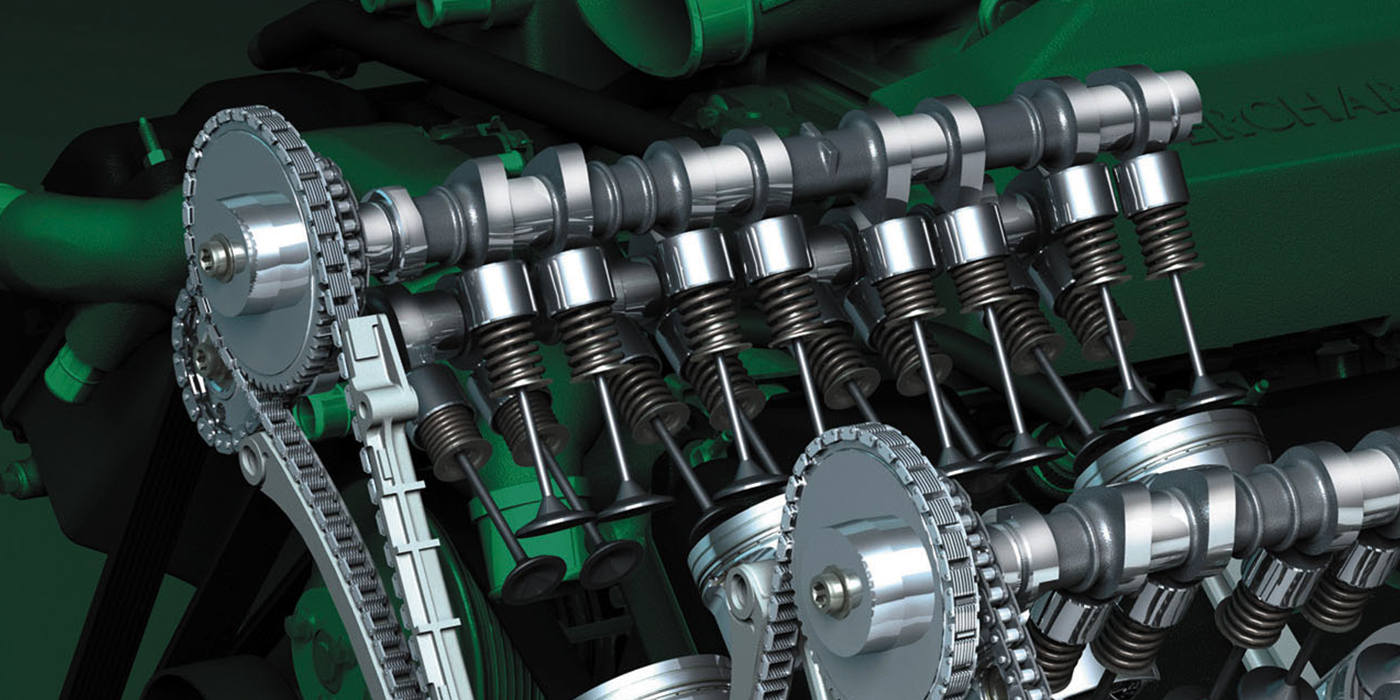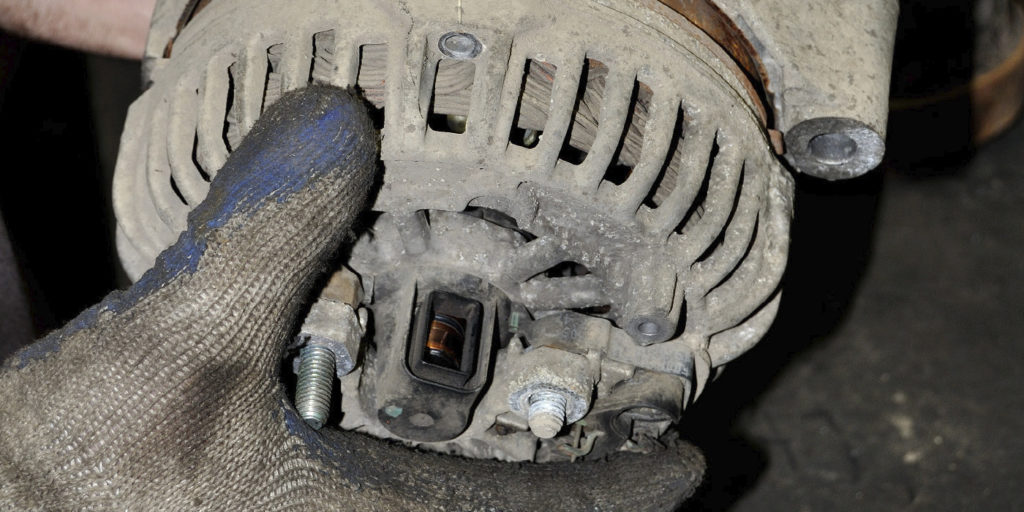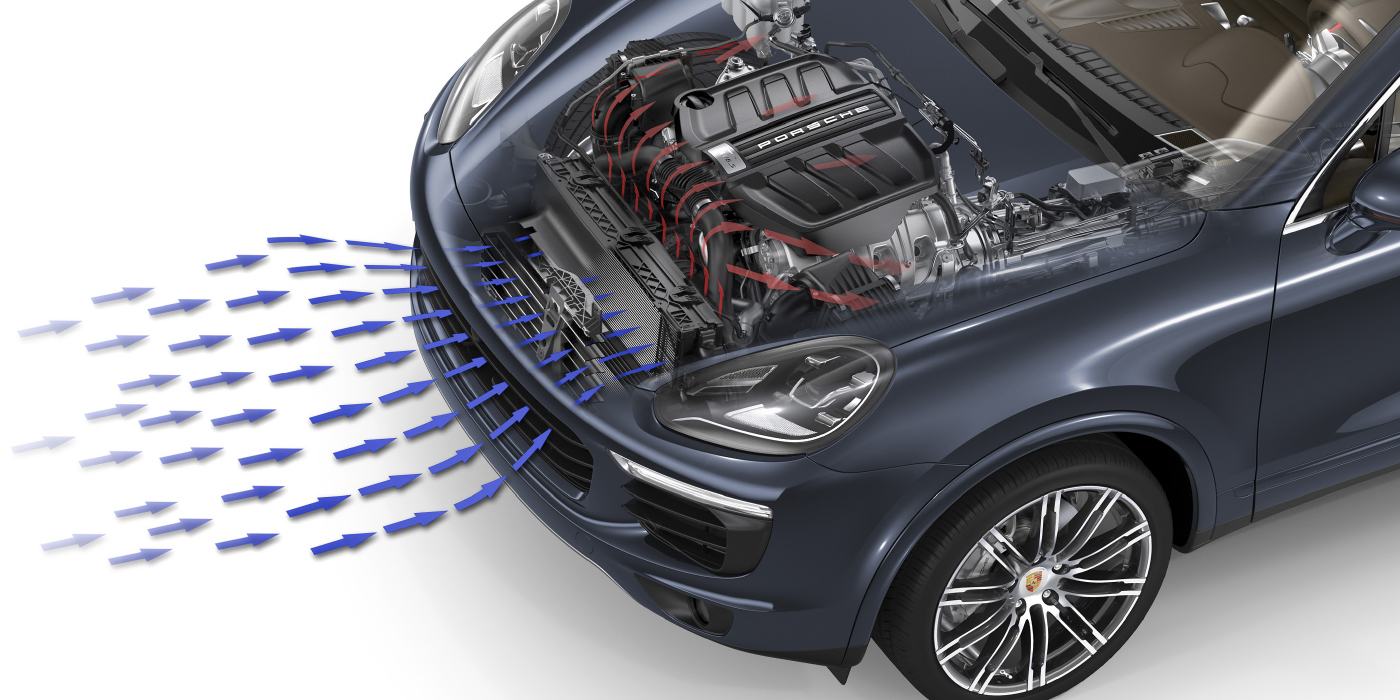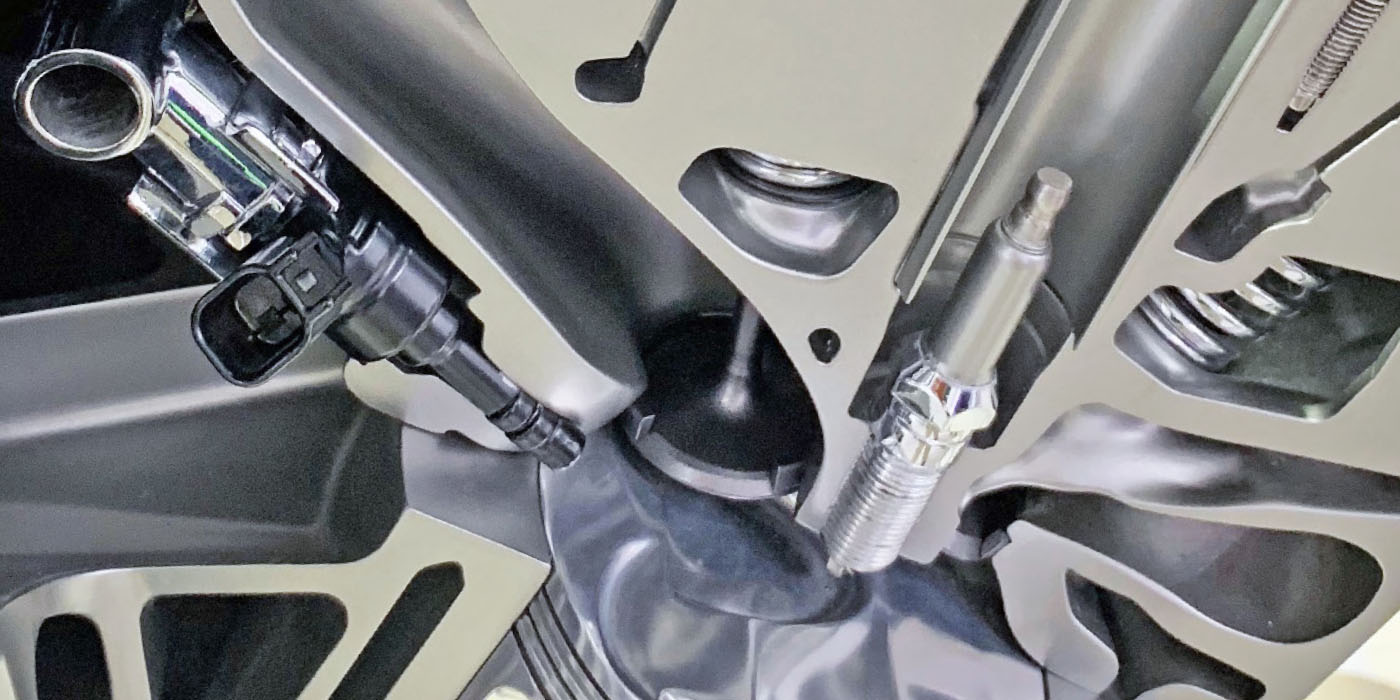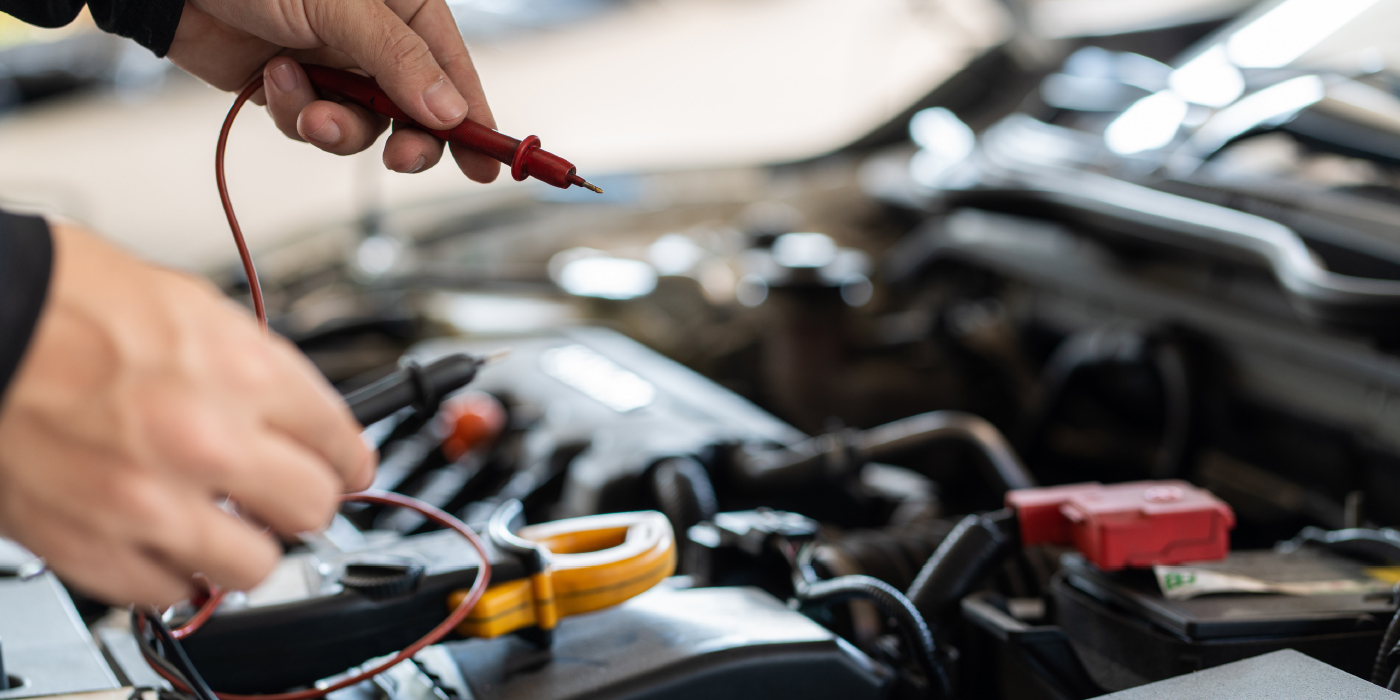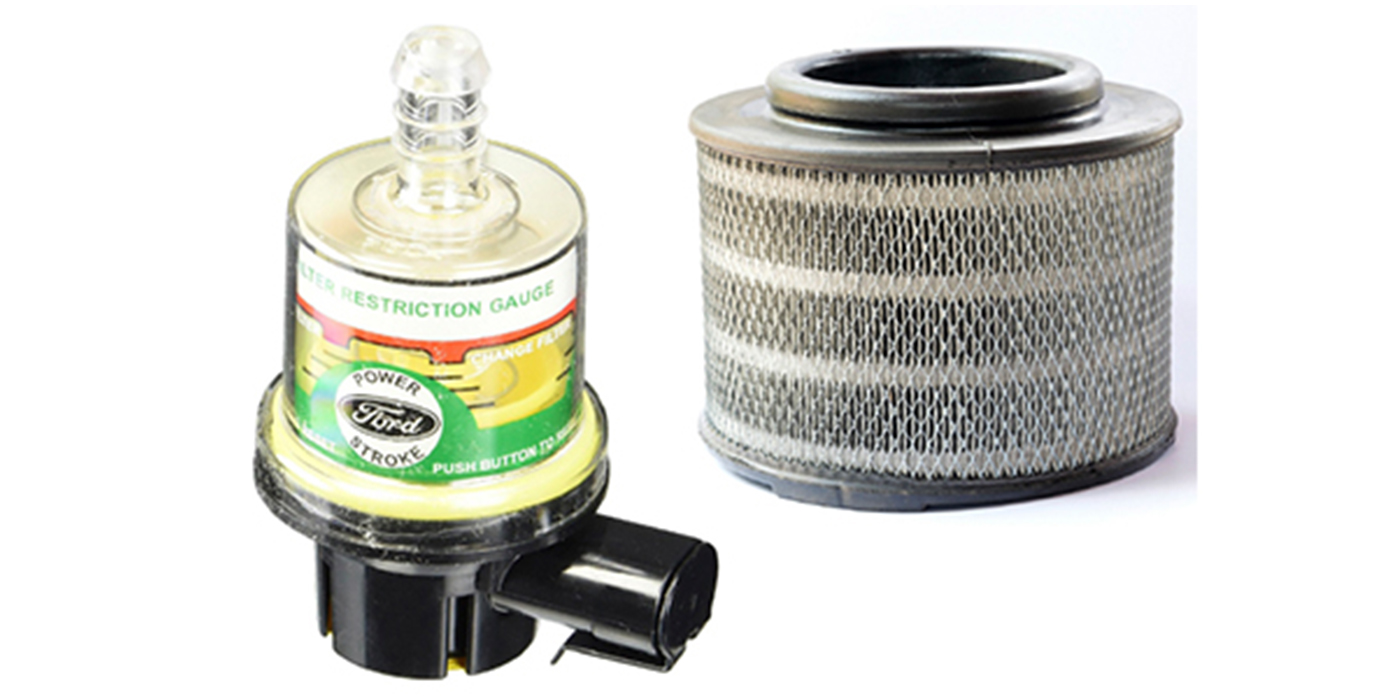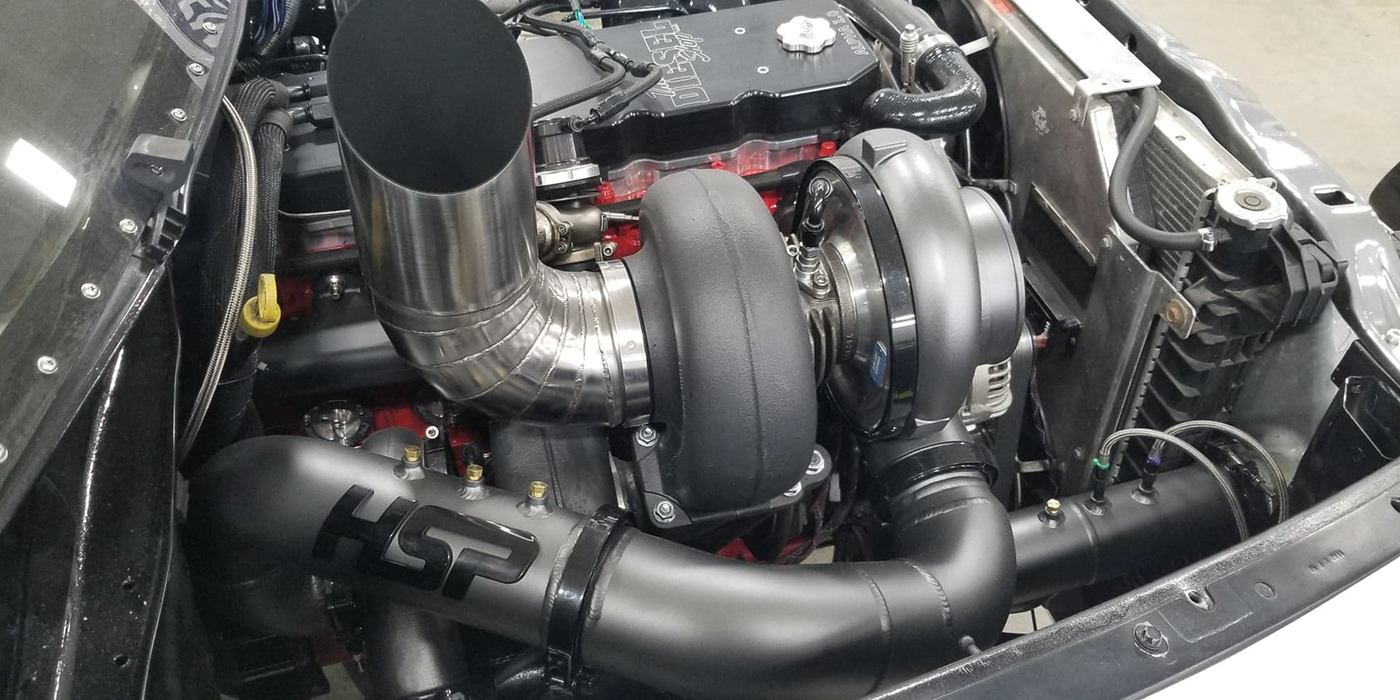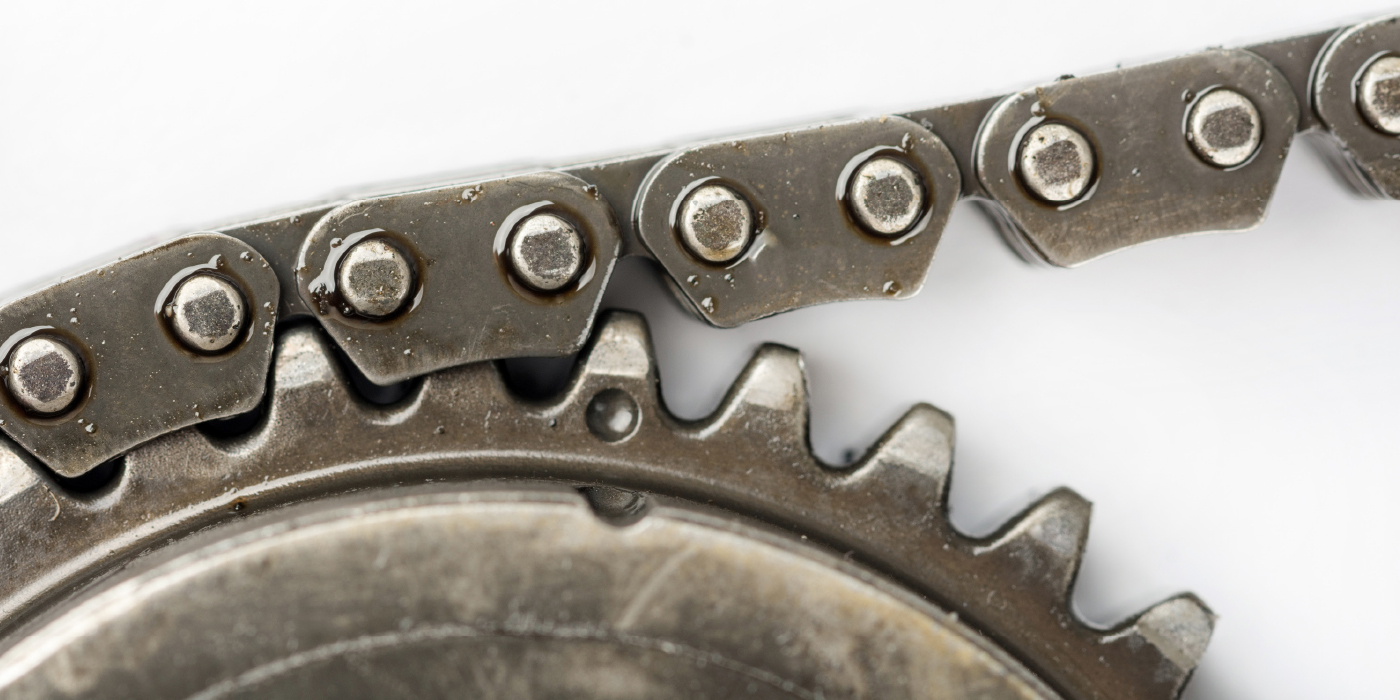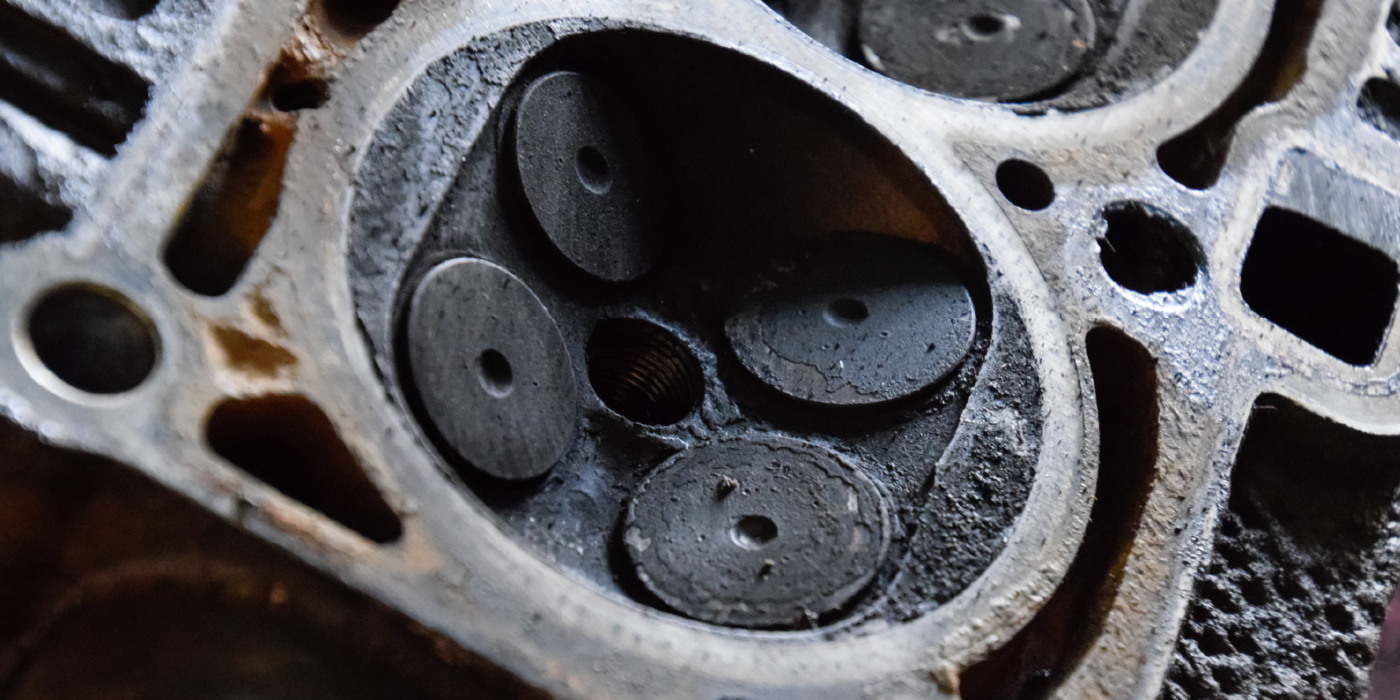Application:
All Turbo equipped vehicles and applications.
Ninety percent of all turbocharger failures are caused by preventable problems or adverse operating conditions. Because of the close tolerances and clearances of these units, and the high speeds at which they operate, it is imperative that they are installed correctly and maintained properly. Clean air, fresh lubricating oil, along with proper operating procedures will ensure the longest possible service life. The procedures and maintenance tips described below will help prevent most causes of Turbo failure. As with any high-tech component or vehicle, always refer to the vehicle manufacturer’s specific operating instructions and guidelines.
Proper Installation:
• Some Turbo installations are a metal-to-metal fit requiring no mounting gaskets; therefore no additional gasket material should be used. The use of any RTV or similar gasket material will void unit warranty. At 100,000 + RPM, even a small amount of loose sealant will destroy the compressor wheel. If manifold surfaces are damaged, repair or replace as necessary.
• Clean all connecting hardware and fittings. Inspect and replace pipes, hoses or ducting as needed.
• Check for adequate oil supply (functioning oil pressure/filter system). Oil supply lines must be checked. Flexible lines can degrade from the inside-out, causing pieces to be flushed down to the new turbo, clogging the oil-feed ports. Hard lines should never be bent, as this causes the material from the inside of the pipe to loosen and be flushed down the pipe upon start-up, clogging the ports.
• Check filter elements and screens. Some systems have filter screens in the oil supply line. Unfortunately they may not have a bypass feature. If the line is blocked, the turbo will be starved of oil and quickly fail.
Systems designed this way must be checked periodically.
Maintenance & Service:
• Prevent the penetration of foreign bodies into turbine or compressor. Make sure there is no debris in the air-box. Air cleaner elements should be replaced or thoroughly cleaned.
• Prevent dirt from contaminating the oil. Oil and oil filters must be changed regularly, and certainly upon new turbo installation.
Operation Cautions:
• Avoid operating the vehicle for prolonged periods outside of the design performance parameters. Overheating the engine for prolonged periods generates excessive heat that breaks down oil and produces high exhaust gas temperatures, affecting the ignition system and injection system.
• Avoid hot shut down. If the engine temperature is high, allow it to idle until temperatures return to normal. This lets the engine, its systems, and oil to cool down. It prevents burning or caking of the oil, all of which leads to component failure or reduced performance.
Note:
Please note this bulletin is provided for your technical reference and is not authorization for repair.
Tech Tip courtesy of CARDONE.
For additional information on products offered by CARDONE, visit www.cardone.com.

